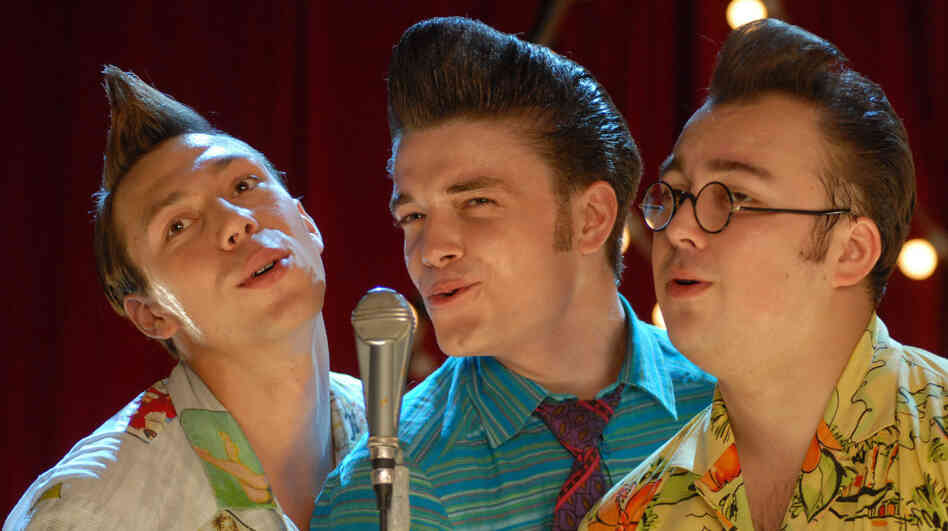Having read Jack Kerouac’s 1957 classic On the Road, I am fascinated by the idea of the “road trip.” To just go-despite being “so lonely, so sad, so tired, so quivering, so broken, so beat”-represents absolute freedom and complete agency.

Road trips have come to be an essential part of American society. The romanticized notion is best captured in Jack Kerouac’s book, “On the Road.” (image credit: 2010 movie “On the Road”)
The advent of automobiles in the 1950s, combined with highway expansion (the Interstate Highway System was created by the Federal Aid Highway Act of 1956) and cheap gas prices ($0.60 per gallon), strengthened accessibility and mobility throughout the country. Driving, or road trips, became synonymous with the American identity.
John Steinbeck declares in Travels with Charley: In Search of America that Americans hunger to move: “I saw in their eyes something I was to see over and over in every part of the nation-a burning desire to go, to move, to get under way, anyplace, away from any Here.”
This past Saturday, at La Jolla Playhouse, a road trip took place. The road-less-travelled kind, that of a Latina mother (Beatriz) and her 16-year-old daughter (Olivia).


 There are two S’s: the stilyagi and the squares.
There are two S’s: the stilyagi and the squares.